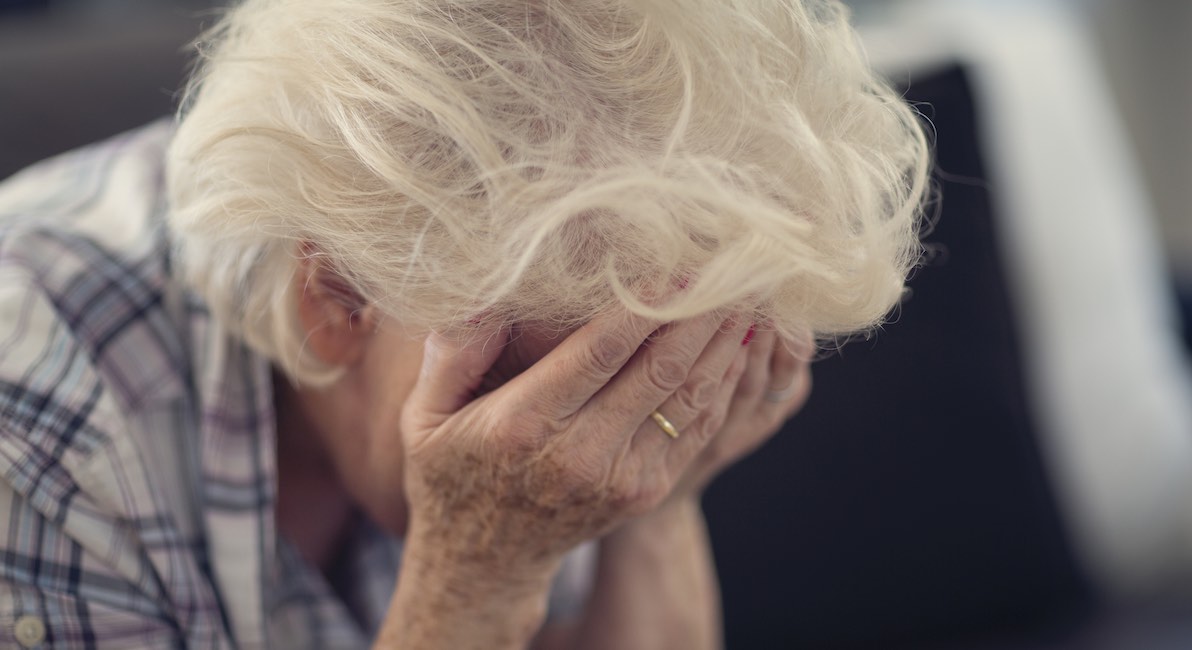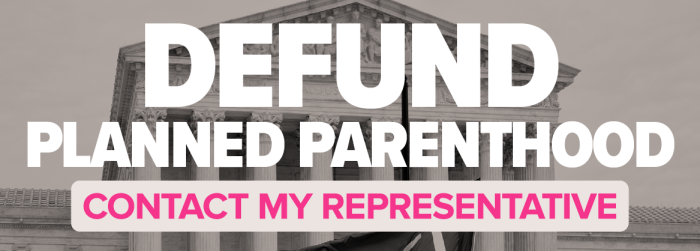On May 6, former Australian Broadcasting Corporation (ABC) reporter Iain Finlay died by euthanasia at age 89 despite knowing it would be ‘traumatic’ for his family.
Finlay’s career spanned decades, reporting for Australian television and radio, including “This Day Tonight,” “PM,” and “Beyond 2000.” He was a foreign correspondent who interviewed influential people from Ella Fitzgerald to Richard Nixon. Trish Clark, his partner of 60 years, was at his side when he died, as were his two children.
On the day he died, he spoke with ABC about why he was opting for euthanasia, saying he decided on it years earlier “to deal with things in a sensible way.”
Finlay had amyloidosis, a rare disorder in which amyloid protein builds up in the organs and can lead to organ failure. He was participating in an experimental treatment trial, but when that did not work, he “sorted out” his plan to die by euthanasia.
“The bottom line is the alternative — to go on trying to live — became increasingly intolerable,” he said. “There is no doubt this is an effort to control aspects of dying, having it administered to you at a particular time when your family can be there. It’s going to be very traumatic for them, I suppose, even more than me.”
Clark said that she and the rest of the family had to take time to make peace with the fact that Finlay was going to die by euthanasia. “I’m not looking forward to it all; I hope I can still stand up tomorrow and the day after,” she said.
READ: UK assessment: Killing by assisted suicide instead of offering treatment will save NHS money
The details regarding family conversations leading up to Finlay’s death are unclear, but family members are deeply affected by their loved one’s voluntary choice to die. Suicide is always a tragedy, regardless of the patient’s age or health status. Knowing your loved one chose to die is heartbreaking, as Clark made clear, wondering how she would even be able to physically stand up the next day. Would she have personally preferred to care for her partner of 60 years instead of watching him die prematurely by choice?
In 2015, Deborah Binner’s husband ended his life in a Swiss assisted suicide clinic. “Campaigners for assisted dying underestimate how terrible it is for those of us left behind,” she said. “I didn’t care what state he was or might be in, he was my husband – as valuable in a wheelchair as anyone out of it.” Other families have also spoken out against assisted suicide following the death of a loved one.
“The big problem in our society is that, apparently, we have lost the meaning of taking care of each other,” said Tom Mortier, whose mother died by euthanasia.
Accepting assisted suicide and euthanasia as normal and good is disturbing, especially as data suggest legalizing assisted suicide is correlated with a rise in suicide generally. The suicide rate has risen more than 30% this century, with teen suicides rising at twice that rate.
Ethicist Wesley J. Smith pointed out that society cannot call suicide and death an exercise in “autonomy” and a “solution to suffering” in one circumstance and a “tragedy” in another.








